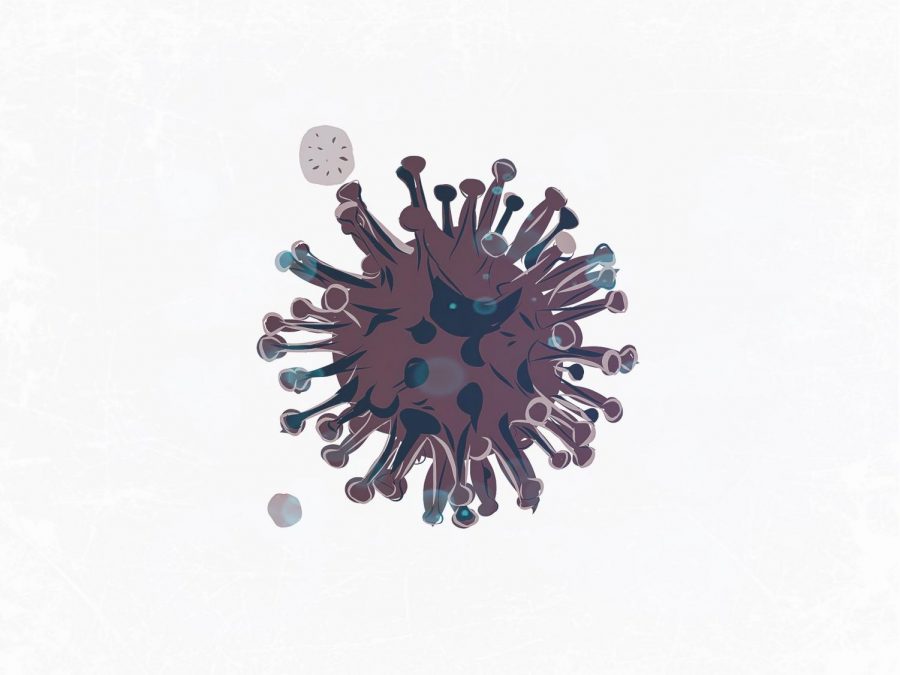Treatment for HIV reaches a breakthrough with eCD4-IG
Photo by Joseph Kamandy
HIV affects many, and the recent revelation of eCD4-IG helps treat those affected by it.
January 11, 2020
Michael Farzan (Ph.D.) and Mathew Gardner (Ph.D.) recently updated the “Science Translational Medicine”, announcing that their team at Scripps Research Florida has found a new HIV cure, called eCD4 – IG. Different from its precedents, which rely on immune cells to trigger immune responses, eCD4 – IG relies on muscle cells to produce protective agents that kill the HIV virus when it first contaminates victims. Researchers trust that eCD4 – IG can prevent HIV for a durable period of time with one inoculation. Research animals have not developed any major immunity to eCD4-IG, and researchers are diligently maintaining that.
HIV, short for Human Immunodeficiency Virus, attacks infection-fighting cells within one’s body, making it vulnerable to diseases.
The most common causes of HIV in the U.S. are the sharing of injection drug equipment, and vaginal and anal intercourse. Blood transfusion, organ, and tissue transplants are other, less common causes. Children can contract HIV during childbirth or breastfeeding stage from an HIV positive mother.
HIV affects the lives of about 1.1 million Americans. One in every seven of them is unaware. Globally speaking, 180,000 children are infected by HIV, and about 1 million die as a result of HIV related illnesses on a yearly basis. Even with the discovery of eCD4-IG, Farzan and Gardner suspect that part of the issue will remain if victims acquire an unusual amount of the virus. Much like any other infective agent, this one can develop resistance to its cure.
“With this in mind, individuals should not stop taking preventive measures like abstaining from sex at a young age and using clean needles, seeing that these are the most probable ways for the disease to spread. It’s always better to be safe than sorry,” said Mr. Barry Williams, MHHS supervisor.
Still, preventive measures are difficult to prioritize when most teenagers are hardly aware of the logistics that accompany the dangers of HIV.
“As an amateur and a teen, I think it’s important that my peers and I are knowledgeable about ways to prevent this virus, especially with the way society is, where diseases and sickness can spread quickly,” King Huynh (12) said.







